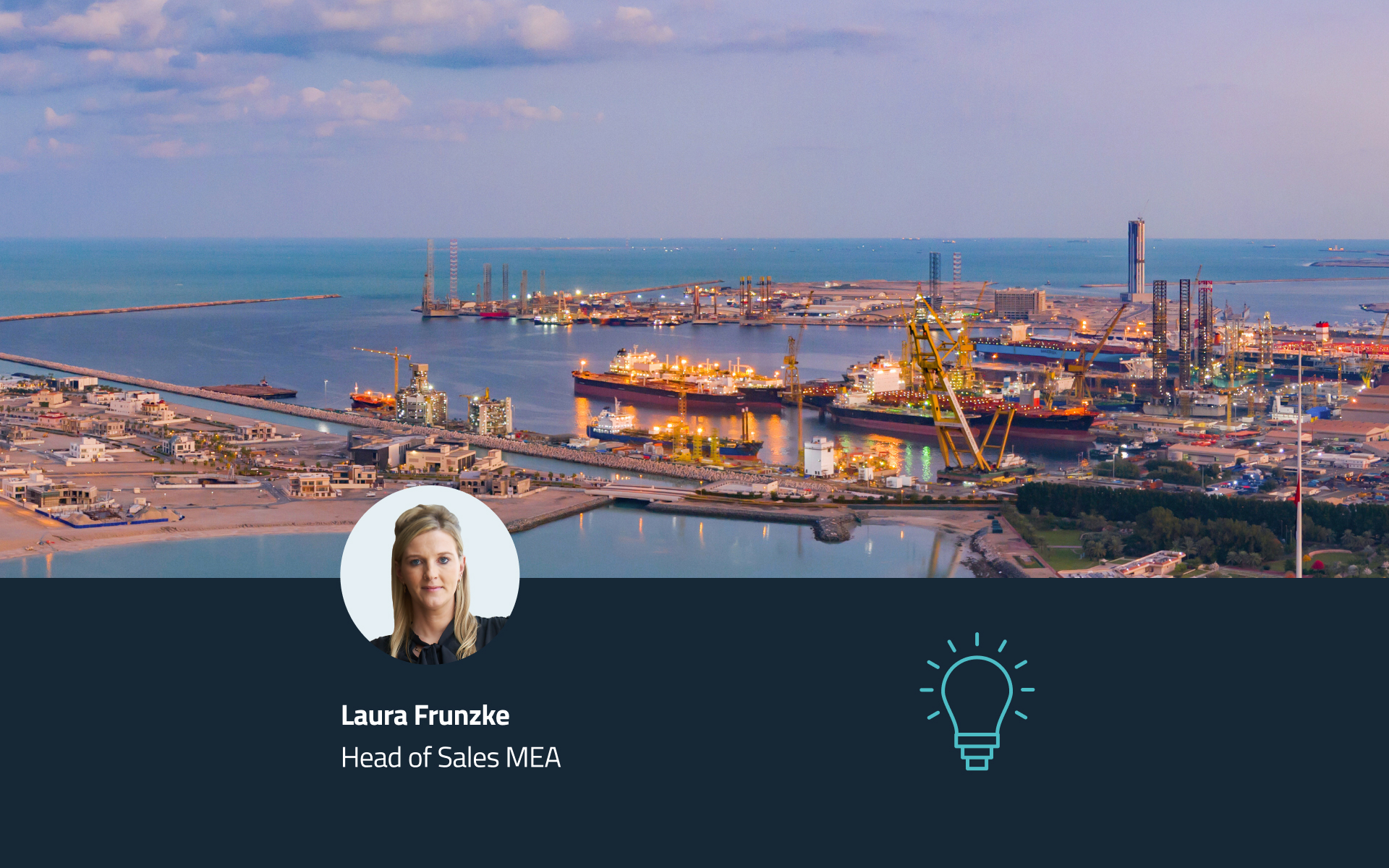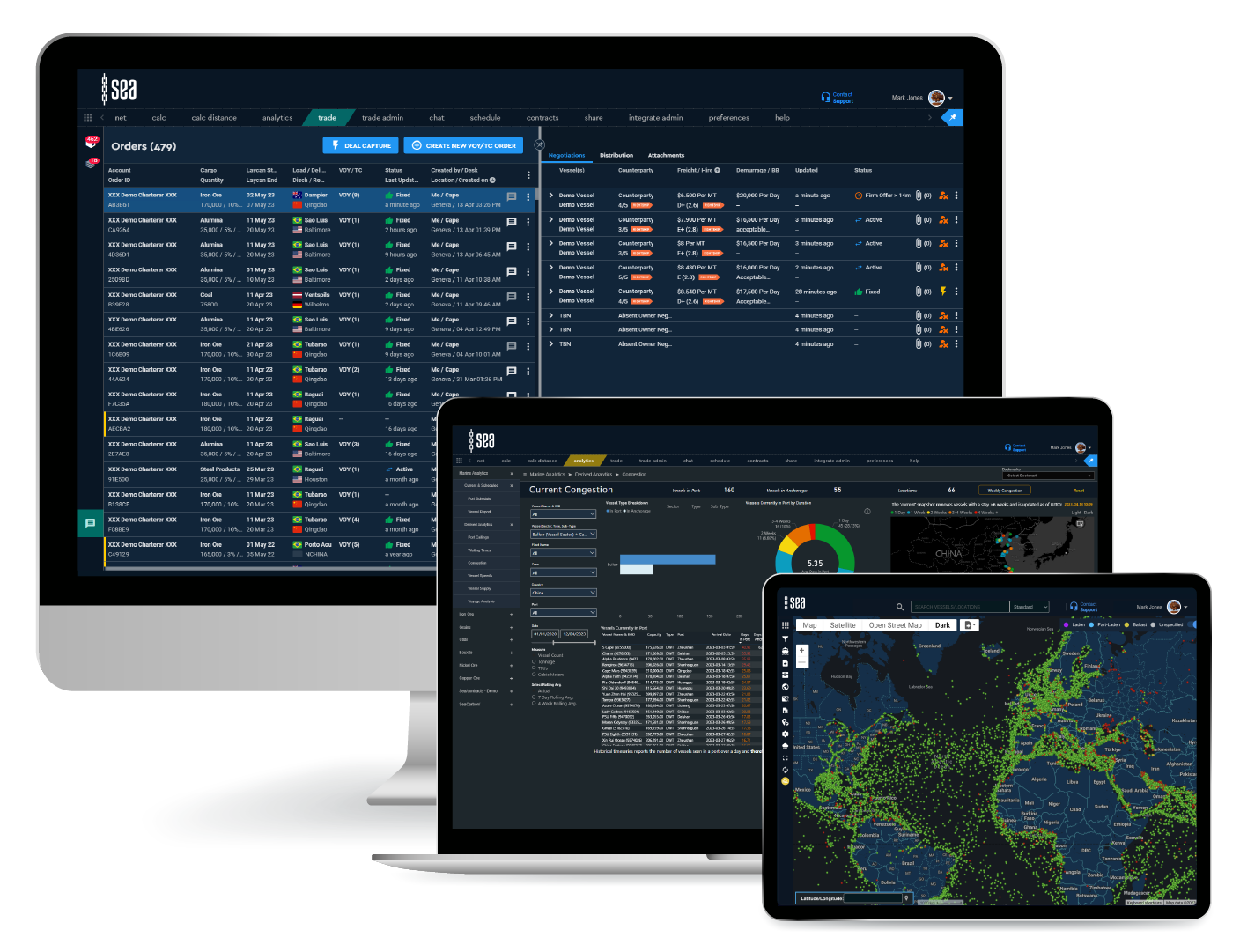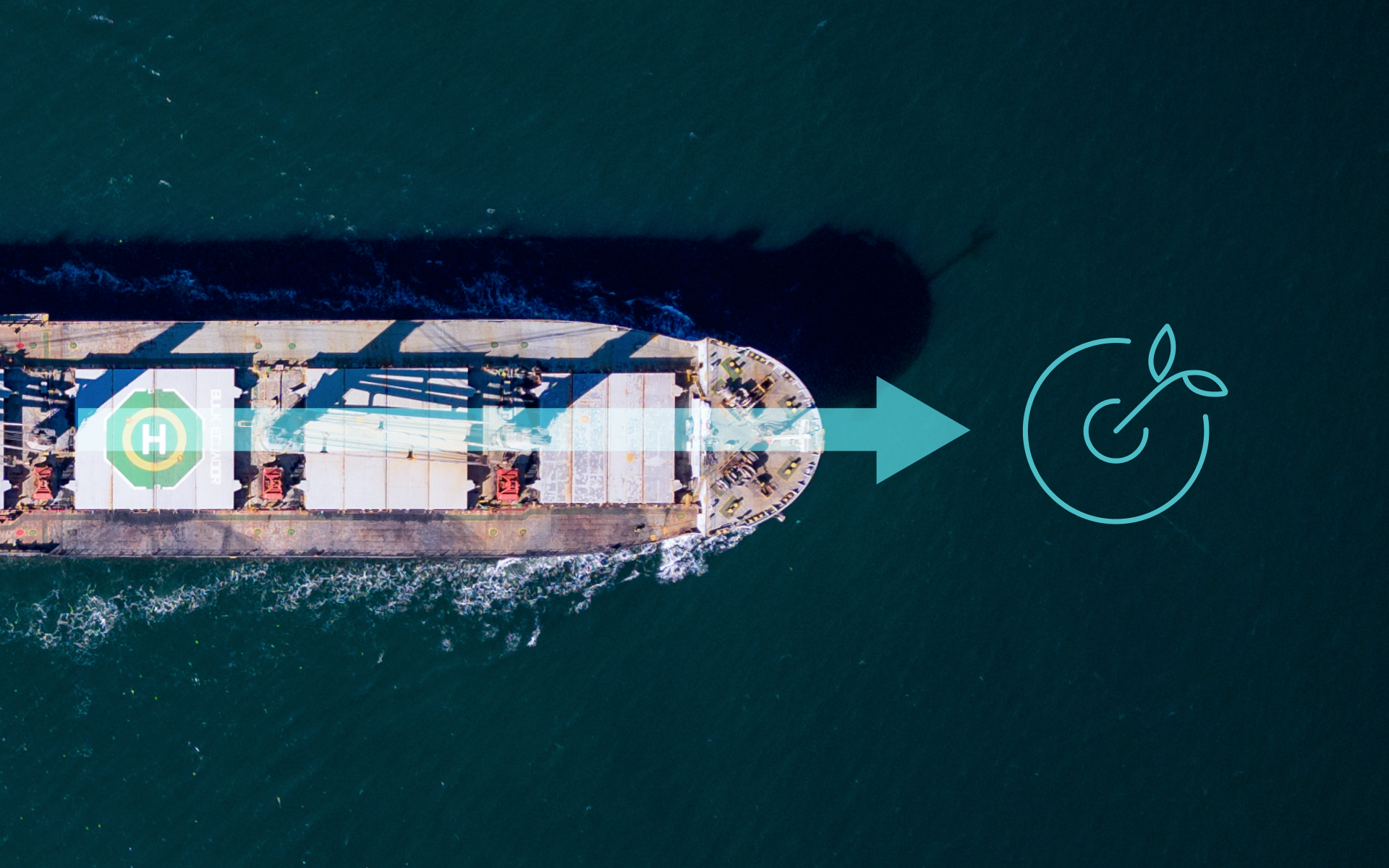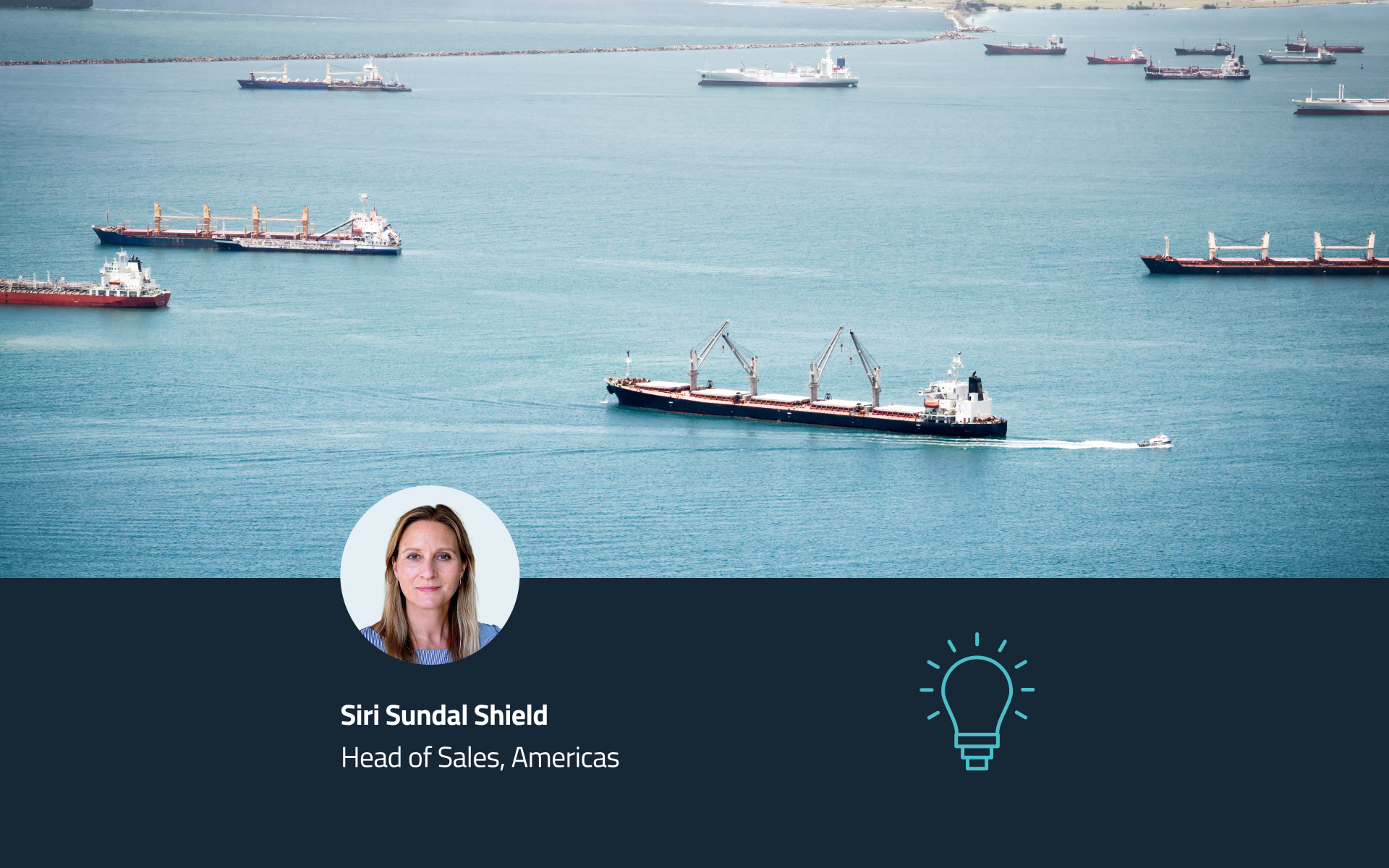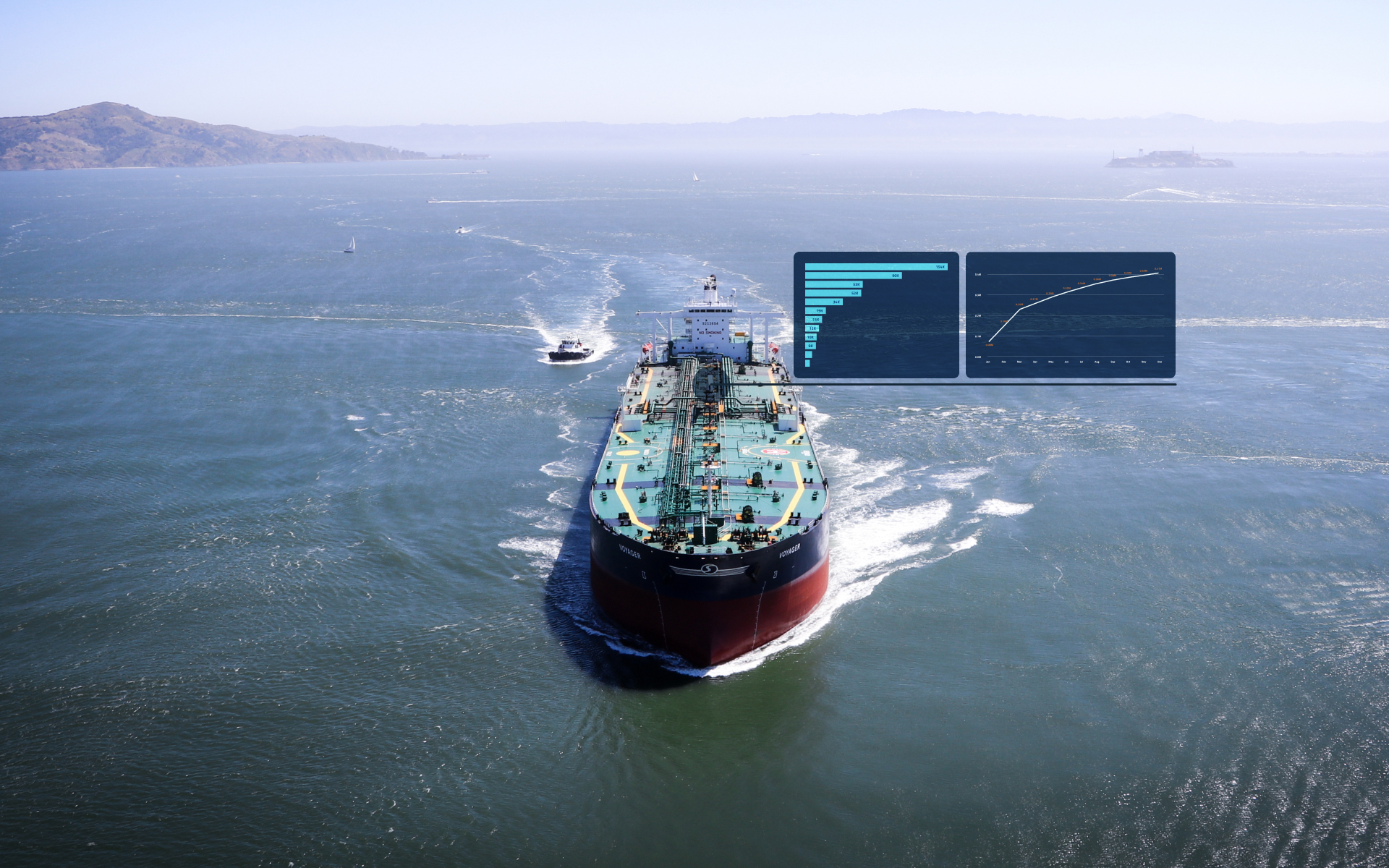The Middle East, with Dubai at its forefront, is evolving rapidly into a pivotal and highly influential player in the global shipping industry. Positioned at a strategic intersection between Europe and Asia, Dubai’s rise underscores broader economic and technological transformation within the sector.
Its location, alongside a naturally business-friendly environment, has made Dubai an increasingly attractive destination for companies seeking stability in a complex global marketplace, with a recent influx of companies relocating there. As more organisations seek to diversify and secure supply chains, Dubai’s role is likely to develop further, creating a viable alternative for trade. Here, we delve into the factors driving this evolution and its implications for the future of maritime trade.
Economic realignment and a need for greater digitalisation in the Middle East
As the industry adapts to shifting economic and geopolitical landscapes, Dubai’s ability to attract investment and talent plays a key role in its success. Its proactive, pro-business atmosphere coupled with a growing emphasis on sustainability positioning places it as a key destination for companies looking to strengthen their operational resilience.
Despite the region’s rapid economic growth, Dubai and the Middle East as a whole still face a demand to keep up with the pace of digitalisation compared to regions like Europe and APAC. While this presents certain challenges for the region, it also offers opportunities in the sense that the MEA region is now able to leapfrog outdated, less consolidated digital infrastructure and embrace more advanced, future-proof solutions that centralise a lot of their chartering processes.
The region is experiencing a surge in new companies entering the market, each grappling with their unique challenges, from fragmented communication systems, lack of transparency and concerns about data security. These established players are looking to enhance their operational efficiency in this way, while newcomers are also in need of data-driven direction in effectively navigating a complex digital landscape. As companies seek to adapt, the demand for integrated platforms that offer real-time visibility and compliance support has never been greater.
As a result, this somewhat delay in digital adoption could become a strong advantage for Dubai and MEA, as the region’s current booming approach to integrating cutting-edge technology may enhance its overall edge in an already highly competitive market.
Balancing oil alongside digital transformation and sustainability as a strategic priority
Oil continues to be a key economic driver in the Middle East, but the future may depend on the region’s ability to balance its traditional industries with emerging technologies. As digital adoption continues to be more central to the global economy, the Middle East’s task is to embrace this evolution while maintaining its stronghold in the energy sector.
The intersection of these industries will play a critical role in shaping the region’s future economic trajectory. The Middle East, and particularly the UAE, is experiencing a notable shift towards sustainability. The region’s building investments in renewable energy and sustainable practices reflect a long-term vision for balancing traditional industries with future-oriented solutions.
This focus on sustainability aligns with international efforts to reduce carbon footprints in shipping and trading. By combining its established oil industry with green initiatives such as Dubai’s 2040 Urban Master Plan, the UAE is setting an example of how a region’s traditional strength may be able to coexist with innovative approaches towards growing environmental responsibility.
The Middle East’s emergence as a global shipping and digital hub is driven by a complex interplay of economic, technological, and strategic factors. By addressing the region’s specific needs and capitalising on its strengths, Sea is poised to play a pivotal role in digitally reshaping the future of maritime trade both for the region and the industry as a whole. Through innovative digital solutions and a major commitment to economically and environmentally sustainable shipping, we can help transform the landscape in the Middle East, supporting companies as they manage this dynamic and evolving environment.
Laura will also be attending Bahri Week later this month. Don’t miss the chance to engage with her—schedule a meeting via this link to gain key insights on how the Intelligent Marketplace for Fixing Freight can help you achieve your chartering goals!
Share this article
Don’t miss the latest news and insights - subscribe to our newsletter
For press enquiries, please email news@sea.live

